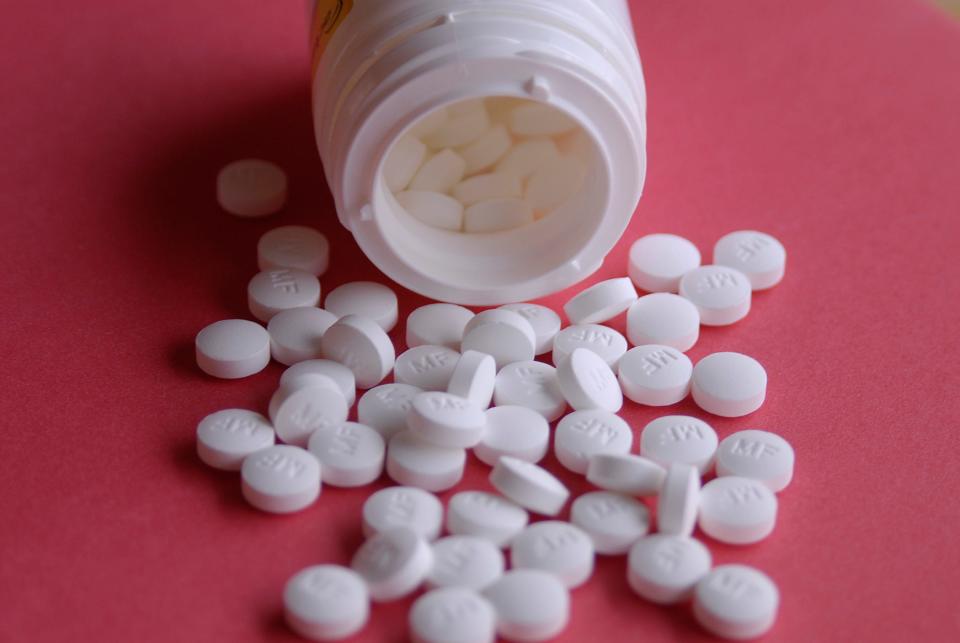The 4 most promising anti-aging drugs investors are sleeping on, according to a leading longevity researcher
Existing drugs could potentially be repurposed for longevity, a leading researcher says.
Some of the most promising candidates include diabetes and blood pressure medications.
Doctors are already prescribing some of these medications off-label for weight loss and more.
Dr. Nir Barzilai has spent his career figuring out how aging works, and he's already discovered some key genetic reasons why some people are so good at it.
The director of the Institute for Aging Research at Albert Einstein College of Medicine hopes the insights he and others glean from researching centenarians may translate into new ways to treat aging, perhaps with some novel drug targets one day. But for now, he says, there are some cheap old drugs available that may help make people feel new again.
"They take an old cell, an old organ, or an old body and make it young," he told the scientists, doctors, and longevity-minded folks gathered at a healthy aging conference in Singapore last week.
Problem is, it's hard to get independent investors, or even big pharmaceutical companies, excited about dirt-cheap drugs that are already available as generics or as relatively low-cost, extended-release tablets.
Researching potential anti-aging drugs that are already approved to treat other conditions has some clear benefits over other interventions. Unlike supplements, which are not approved by the US Food and Drug Administration, "the safety has been tested" on these drugs, and "the efficacy has been established" that they actually work to treat certain issues, Barzilai said.
Here are the 4 most underrated longevity contenders available now, according to Barzilai's research:

Metformin: one of the most widely prescribed and cheapest diabetes drugs on the market, it also has an impact on several key hallmarks of aging. It mimics some of the benefits of fasting and exercise, reducing inflammation and cancer risk. Barzilai says a large-scale, placebo-controlled trial of the drug for healthy aging will be getting underway this year in the US.
Rapamycin: originally harvested from a remote clump of dirt in the South Pacific, rapamycin is an anti-fungal compound that helps govern a key protein in our body. It tamps down cellular growth, having a beneficial effect on lots of processes tied to aging, including reducing inflammation and improving immune function. Many biohackers have already started taking small, self-prescribed doses of it, hoping to improve their own longevity.
ACE inhibitors: Angiotensin-converting enzyme (ACE) inhibitors are designed to lower a person's blood pressure. They keep blood flowing and can reduce stress on the heart. But studies in mice and rats suggest they can also extend the lives of animals with normal blood pressure.
SGLT2 inhibitors: Sodium-glucose cotransporter-2 (SGLT2) inhibitors are a new-ish class of diabetes drugs that help lower a person's blood sugar by pushing more glucose out of their body in urine — and they're the most expensive drugs on this list. In some of the most rigorous anti-aging research to date (again, in mice) SGLT2s have been shown to extend lifespan. Researchers suspect that the same blood sugar-regulating benefits of these drugs can also help stave off many age-related diseases.
Read the original article on Business Insider


